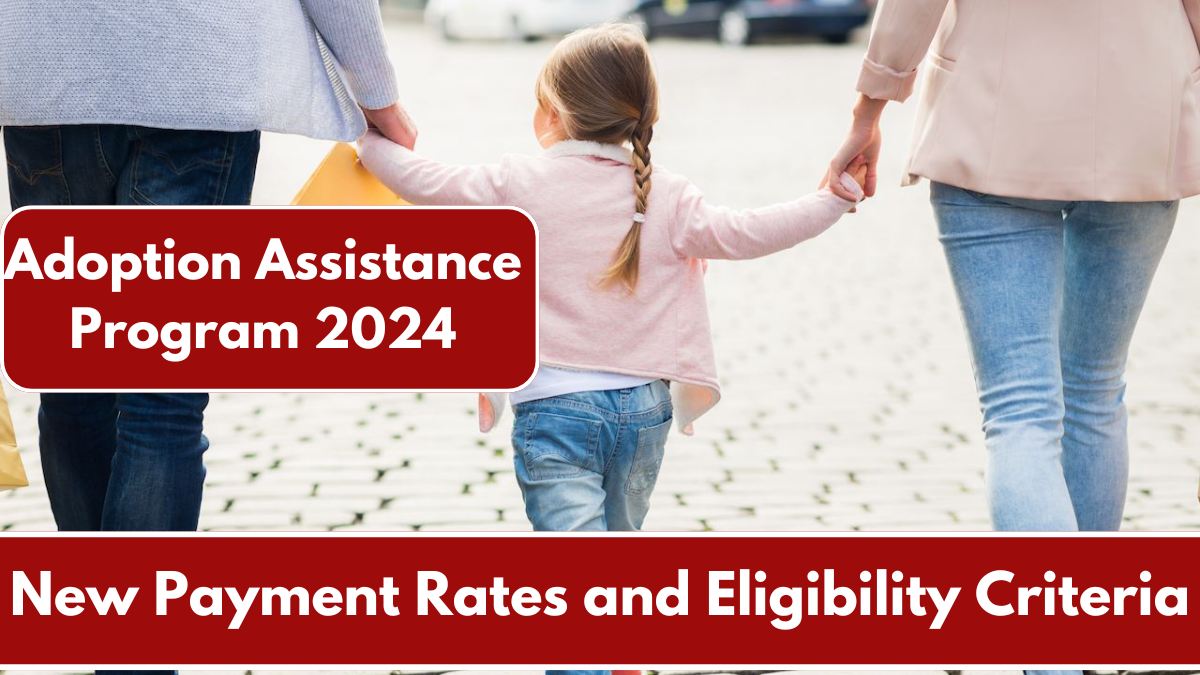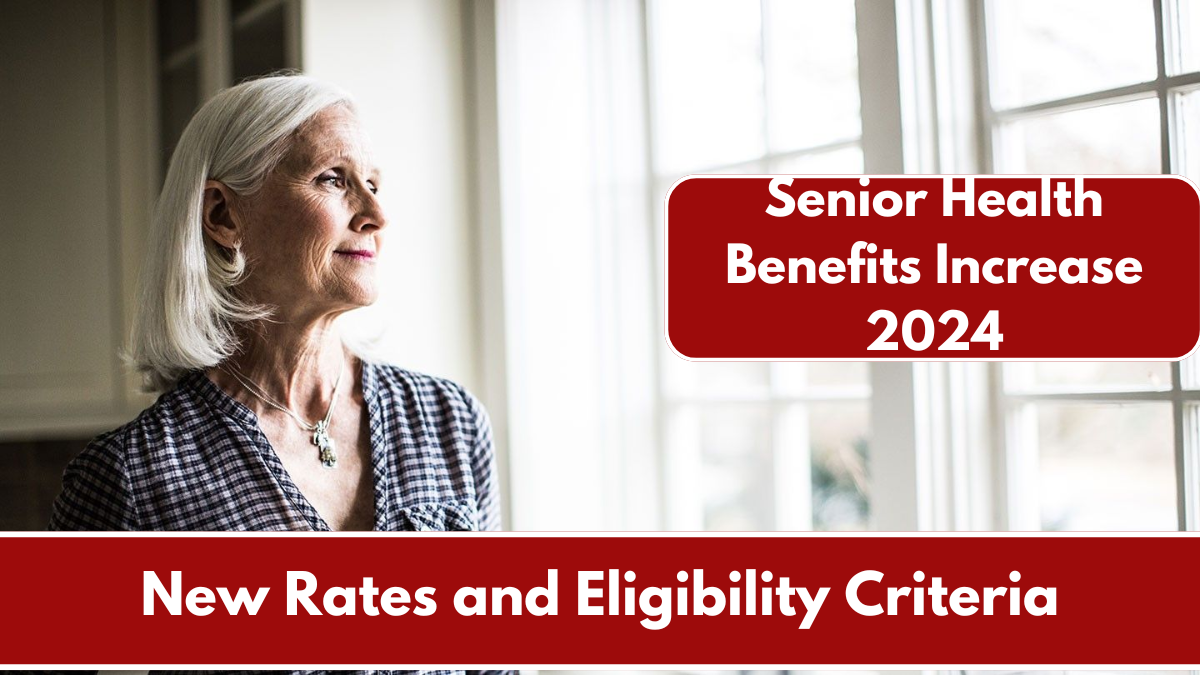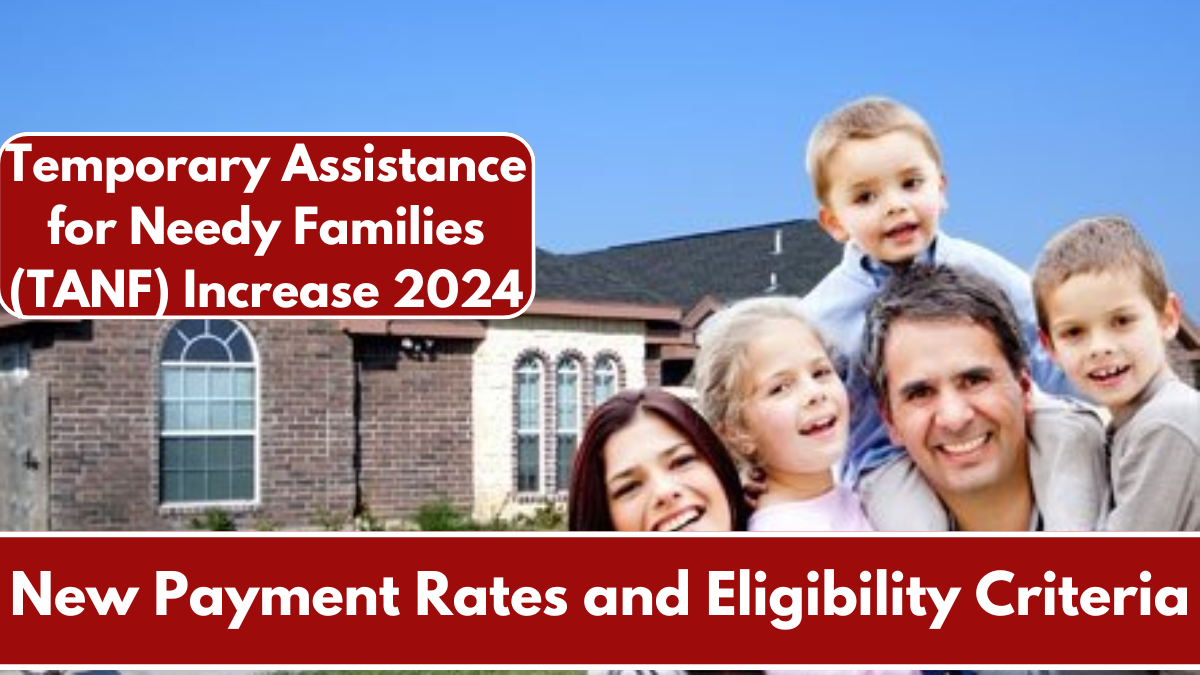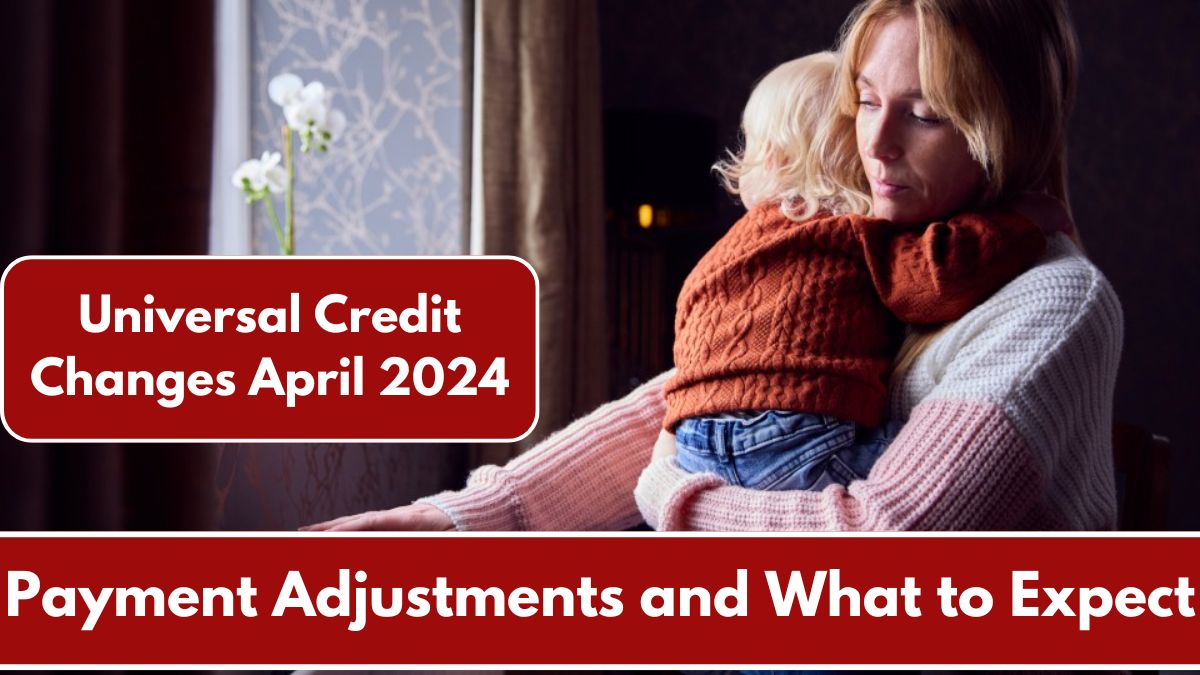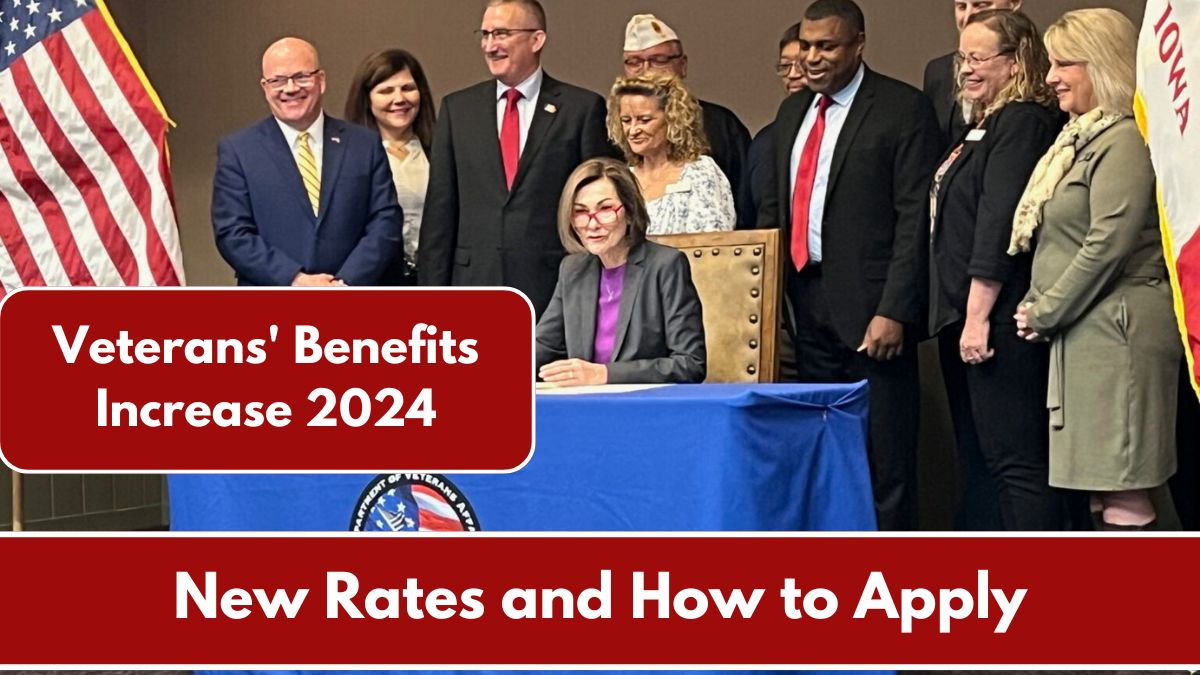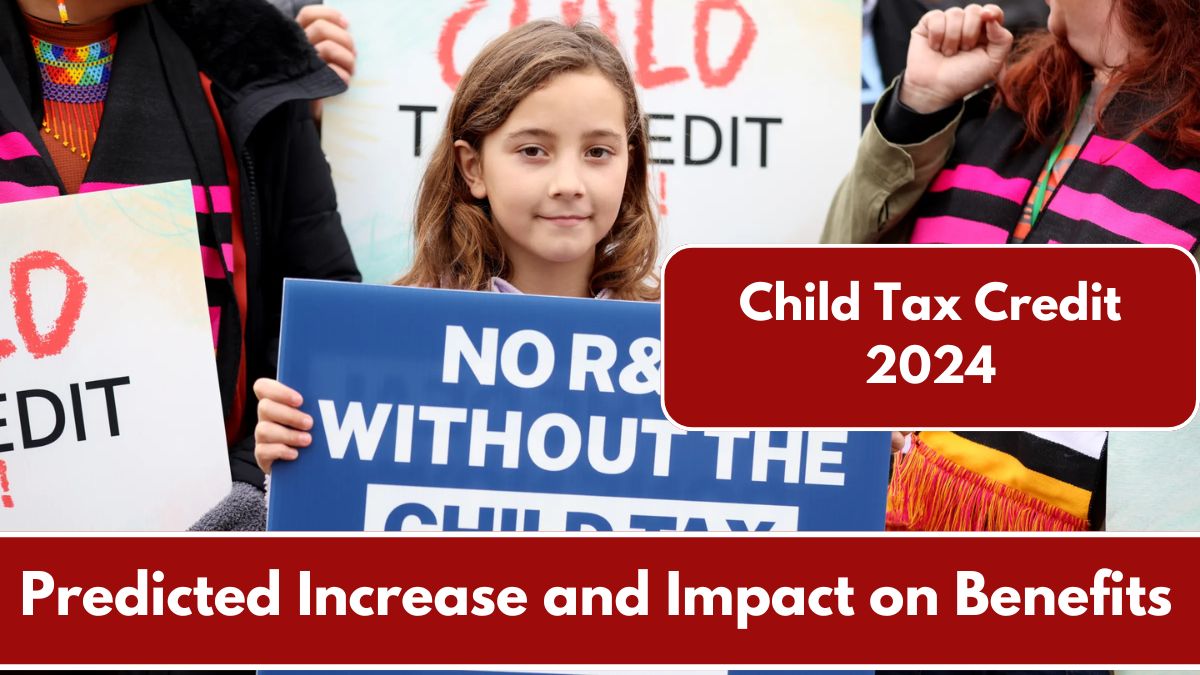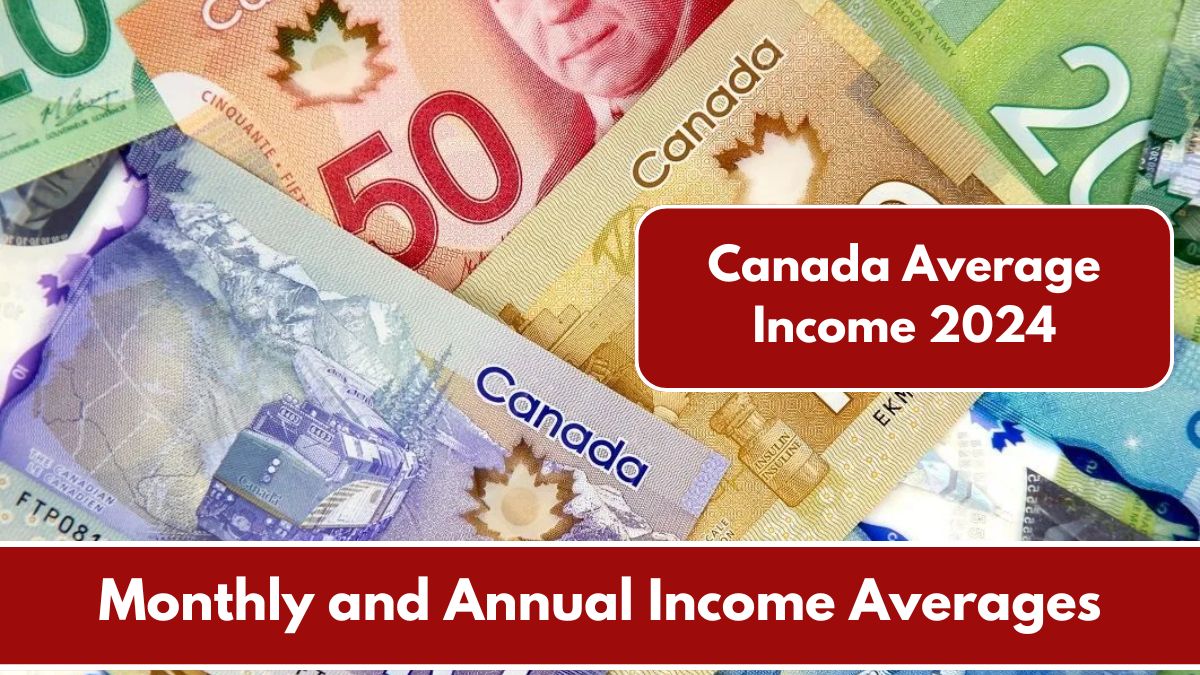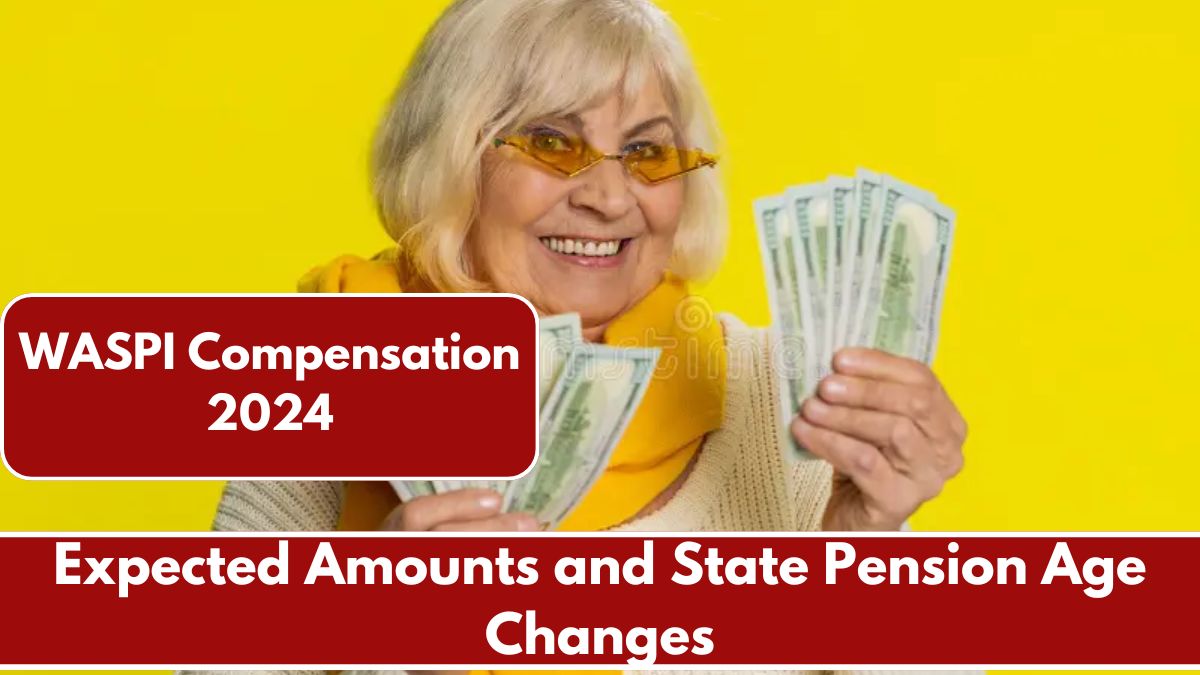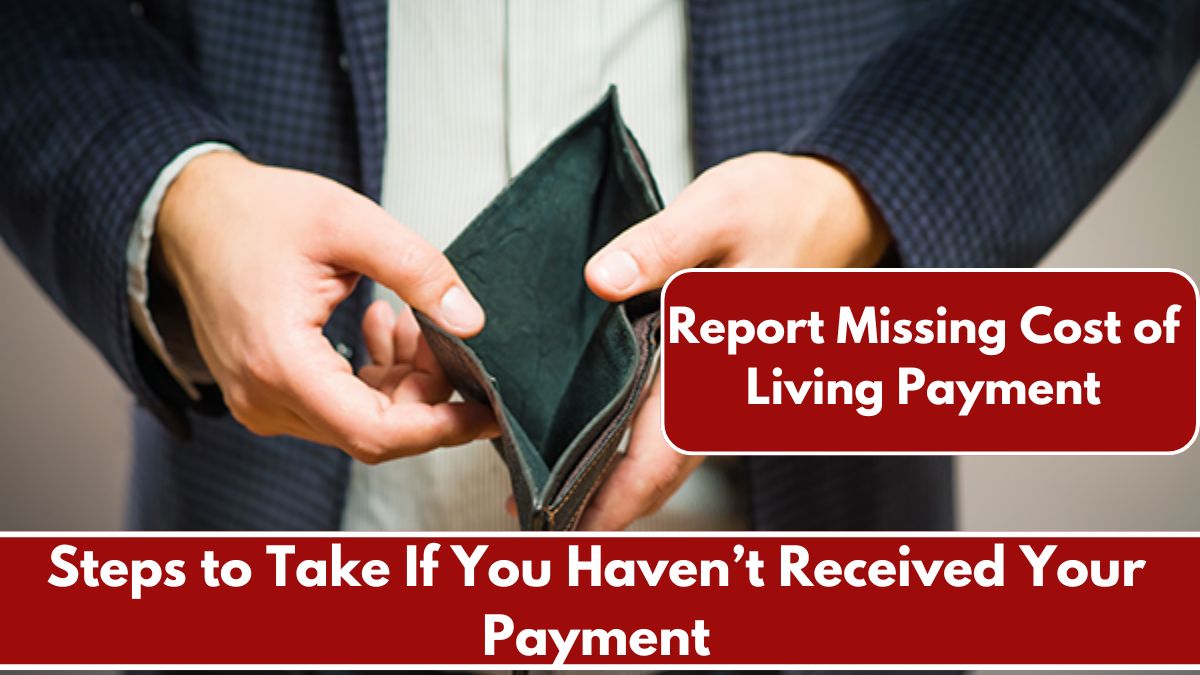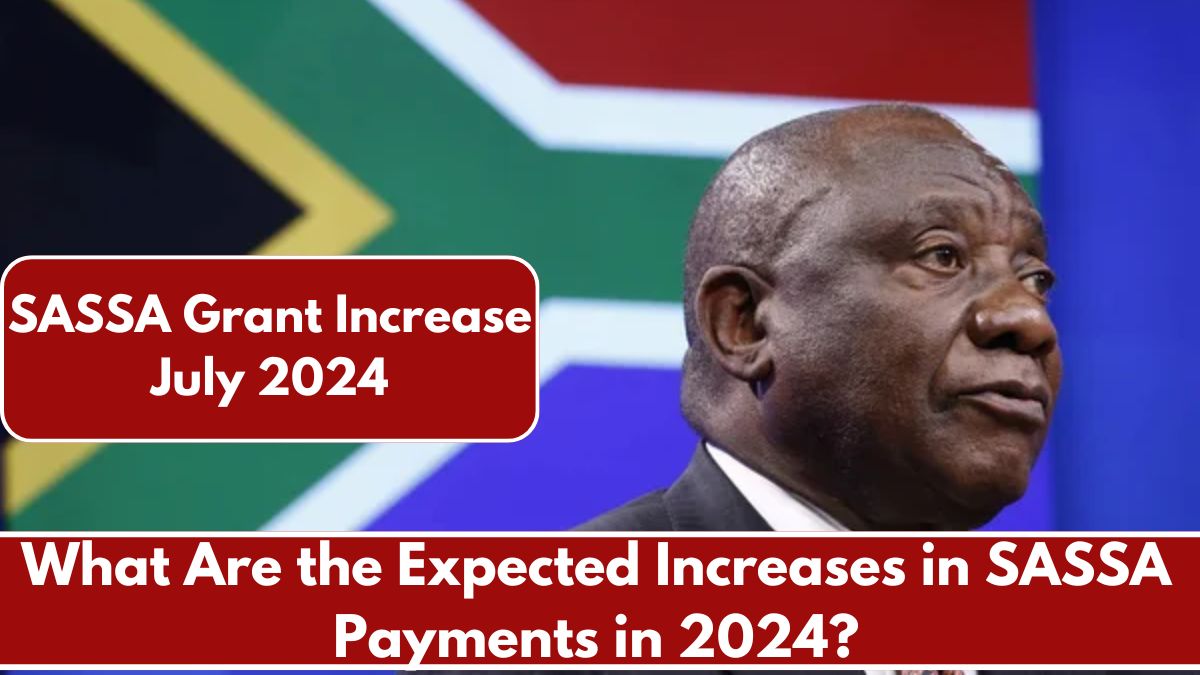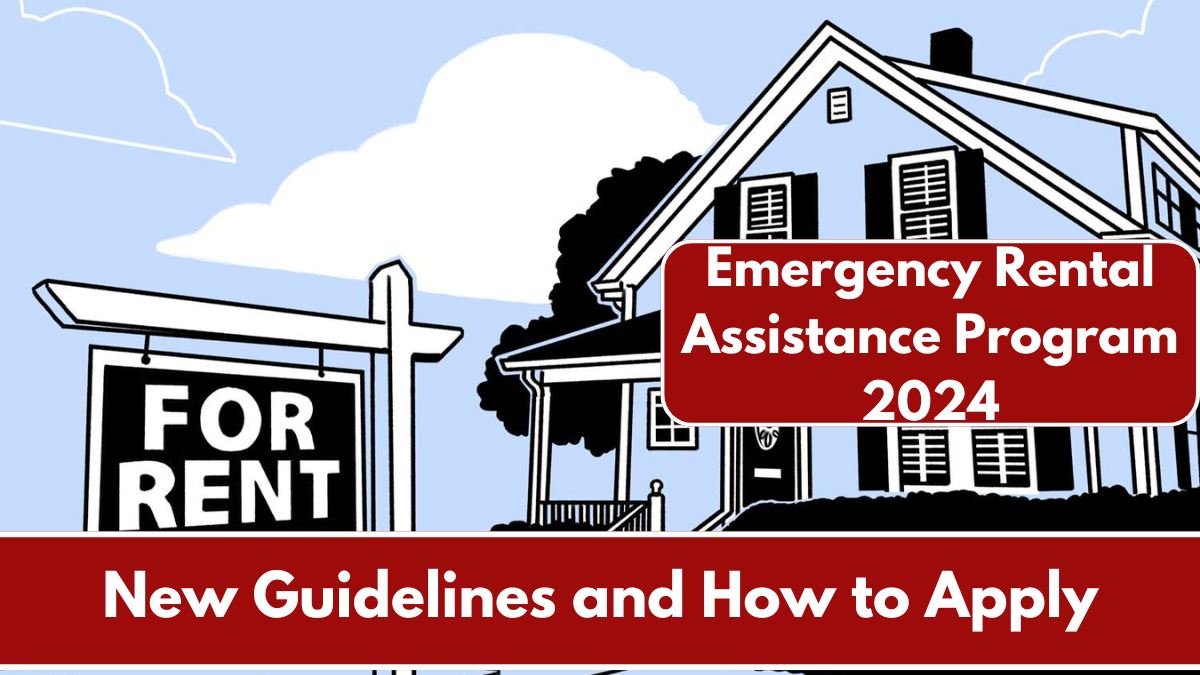Introduction:
The Housing Voucher Program, also known as Section 8, has been updated for 2024 to reflect new payment rates and eligibility criteria. This federal program provides low-income families, seniors, and individuals with disabilities financial assistance to afford safe and decent housing in the private market. This article will guide you through the new payment rates, the updated eligibility requirements, and how to apply for the program.
Understanding the 2024 Housing Voucher Payment Rates

The 2024 updates to the Housing Voucher Program include revised payment standards that reflect changes in the cost of living and rental markets across the country. These payment rates, often referred to as Fair Market Rents (FMRs), are determined by the U.S. Department of Housing and Urban Development (HUD) and vary by location. The increase in FMRs ensures that voucher holders can continue to find affordable housing options in areas with rising rent prices.
Below is a table outlining the new payment standards for 2024 in select areas:
| Area | 2023 Payment Standard | 2024 Payment Standard | Percentage Increase |
|---|---|---|---|
| New York City, NY | $1,950/month | $2,100/month | 7.7% |
| Los Angeles, CA | $1,800/month | $1,950/month | 8.3% |
| Chicago, IL | $1,500/month | $1,620/month | 8.0% |
| Houston, TX | $1,200/month | $1,290/month | 7.5% |
| Miami, FL | $1,400/month | $1,500/month | 7.1% |
These increases ensure that voucher holders can continue to secure housing in competitive rental markets without being burdened by rising rents. The exact payment standard applicable to you will depend on your specific location and the size of your household.
Eligibility Criteria for the 2024 Housing Voucher Program

Eligibility for the Housing Voucher Program in 2024 is based on several factors, including income, family size, and citizenship status. Here’s what you need to know:
- Income Limits: To qualify for the Housing Voucher Program, your household income must not exceed 50% of the median income for your area. HUD publishes income limits annually, which vary by location and family size.
- Family Composition: The program is available to families, seniors, and individuals with disabilities. Single adults who do not fall into these categories may also be eligible under certain circumstances.
- Citizenship and Residency: At least one member of the household must be a U.S. citizen or have eligible immigration status. Non-citizen applicants must provide documentation proving their status.
- Background Check: Applicants must pass a background check, which includes a review of criminal history and rental history. Individuals with certain criminal convictions may be disqualified from the program.
- Priority Status: Some applicants may receive priority for housing vouchers, including those who are homeless, living in substandard housing, or paying more than 50% of their income on rent.
How to Apply for the Housing Voucher Program

Applying for the Housing Voucher Program requires a few key steps:
- Check Local Availability: Housing vouchers are administered by local Public Housing Agencies (PHAs), and availability can vary by location. Contact your local PHA to inquire about open waitlists.
- Complete the Application: Applications can usually be completed online or in person at the PHA office. You will need to provide information about your income, family size, and housing needs.
- Submit Required Documentation: Along with your application, you will need to submit documentation such as proof of income, identification for all household members, and citizenship or immigration status.
- Attend an Interview: If your application is selected, you will be invited to an interview with the PHA. During this interview, your eligibility will be further assessed, and you may be asked to provide additional documentation.
- Wait for Approval: Due to high demand, it can take several months or even years to receive a voucher. If approved, you will receive a voucher that you can use to find housing in the private market. The PHA will pay the landlord directly, and you will be responsible for any remaining rent not covered by the voucher.
Conclusion:
The 2024 updates to the Housing Voucher Program are crucial for supporting low-income families, seniors, and individuals with disabilities in securing affordable housing amid rising rental costs. By understanding the new payment rates and eligibility criteria, applicants can better navigate the program and improve their chances of receiving assistance. These changes aim to ensure that those in need have access to safe, decent housing without being financially overburdened. Staying informed and following the application guidelines will help maximize the benefits available through this program in 2024.
FAQ’s:
Q1. What is the maximum amount of rent covered by the Housing Voucher Program?
The amount of rent covered by the voucher depends on the payment standard set by your local PHA and your household’s income. Typically, the PHA will cover the difference between 30% of your adjusted income and the payment standard, up to a certain limit.
Q2. Can I use my housing voucher to rent any property?
You can use your housing voucher to rent a property that meets HUD’s housing quality standards and is within the payment standard for your area. The property must be approved by the PHA, and the landlord must agree to participate in the program.
Q3. How long does it take to receive a housing voucher?
The wait time for a housing voucher varies widely depending on your location and the availability of funds. Some waitlists can be several years long, while others may move more quickly. It’s important to apply as soon as possible and stay informed about your status on the waitlist.
Q4. What happens if my income changes after I receive a voucher?
If your income increases or decreases after you receive a voucher, you must report this change to your PHA. Your rent contribution may be adjusted accordingly. Failure to report income changes can result in loss of your voucher.
Q5. Can I move to a different city or state with my housing voucher?
Yes, the Housing Voucher Program allows for “portability,” meaning you can use your voucher to move to a different city or state. However, you must notify your current PHA and follow the required procedures before moving. The payment standards and availability may differ in the new location.



